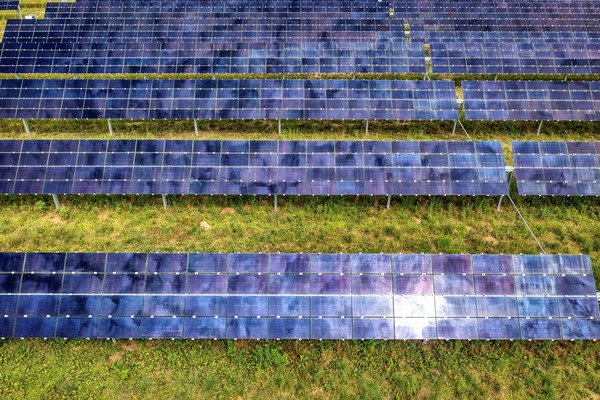The University of Europe for Applied Sciences in Dubai (UE Dubai) and BSH Home Appliances Middle East organized the Green Genius Challenge, Eco-Appliance Edition this week, marking UAE’s National Environment Day. The event aimed to promote sustainability by encouraging high school students in Dubai to design eco-friendly home appliances that reduce non-renewable energy use and environmental impact.
The competition focused on inspiring creative solutions in sustainable technology. Students presented projects that incorporated energy-efficient designs, renewable energy integration, and water conservation methods. Projects were evaluated based on innovation, feasibility, environmental impact, and design, with an emphasis on how these ideas could contribute to reducing resource consumption and promoting eco-friendly living.
The Green Genius Challenge reflects broader efforts in the UAE and the Middle East to promote renewable energy and sustainability. In Dubai, the Mohammed bin Rashid Al Maktoum Solar Park is one of the largest solar projects globally. It aims to reach a capacity of 5,000 megawatts (MW) by 2030, using a combination of photovoltaic and concentrated solar power technologies. Another project in Dubai is the Hatta hydroelectric power plant, which will generate 250 MW of clean energy using water stored in the Hatta Dam, marking the UAE’s first hydroelectric project.
Across the Middle East, similar renewable energy projects are in development. In Saudi Arabia, the Sakaka PV Solar Power Plant has an installed capacity of 300 MW and is part of the country’s plan to diversify its energy sources. Oman is working on the Dhofar Wind Power Project, which generates 50 MW of electricity, contributing to the region’s wind energy capacity. In Jordan, the Tafila Wind Farm produces 117 MW of power, providing renewable electricity to thousands of homes.


